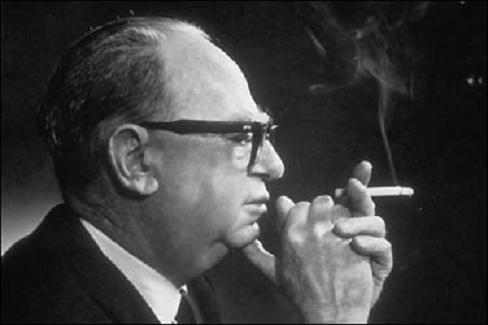
What people say they think or will do often has no bearing on what actually happens
As you may be aware, dear reader, nearly all new product launches fail. Last time I looked it was over 80%.
My first employer in London, the late, great Leo Burnett, explained why:“The public does not know what it wants… there is no sure way of finding out until the idea is exposed under normal conditions of sale. If people could tell you in advance what they want, there would never have been a wheel, a lever, much less an automobile, an airplane or a TV set.”
I was reminded of this when I saw today a list of 10 marketing tactics Americans say they “despise”.
The culprits are:
1 – Direct mail that looks like it has a bill, fake check, or is otherwise official-looking
2 – Pop-up ads on web sites.
3 – Ads for nutritional supplements with exaggerated claims.
4 – Videos you have to sit through before reaching web content.
5 – Products advertised as “made in America” that are not.
6 – Free offers with strings attached.
7 – TV ads louder than the program.
8 – Ads targeted based on purchases, demographics, or behavior.
9 – Product placement in movies and TV.
10 – Billboards.
Well, I can tell you that of those 10, numbers 1,2, 3, 4, 6, 8, 9 and 10 generally work if they are carried out competently.
I don’t know about number 7. But as for number 5, many lagers are successfully sold here as being French, American, Australian or for that matter Indian yet are made in the U.K.
The only way you know people will do something is to get them to act, as the following true story suggests.
My friend Brian Thomas once worked for a mail order company which sold cheap gifts to a pretty unsophisticated clientele. Each year they ran Hall Tests.
They would get customers into a hall and get them to choose which proposed products for the new catalogue they liked best.
After the customers left they would throw away all the forms they had filled in, but leave the products on display and wait for the cleaning ladies to come in.
They knew the products that would be winners were the ones those ladies stole most.
If you want to know what a lifetime of studying human behaviour has taught me – and how it may teach you to do better marketing, check out AskDrayton.